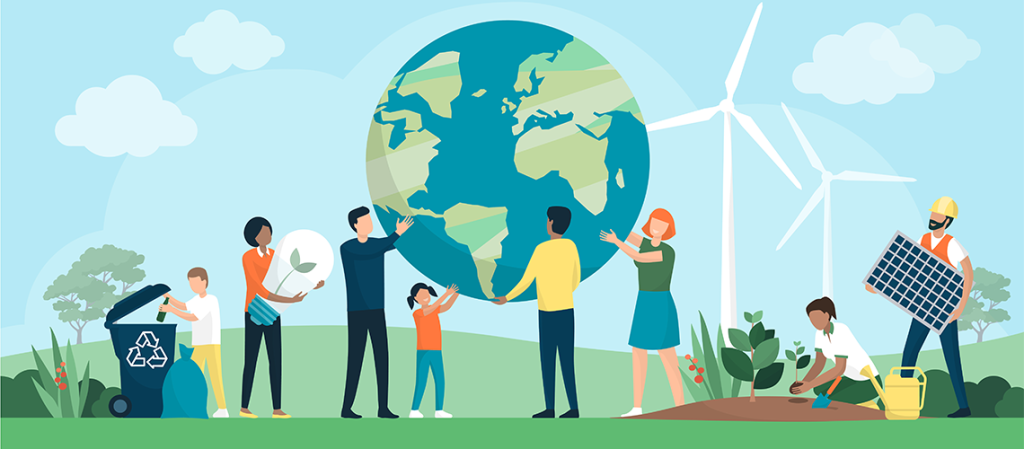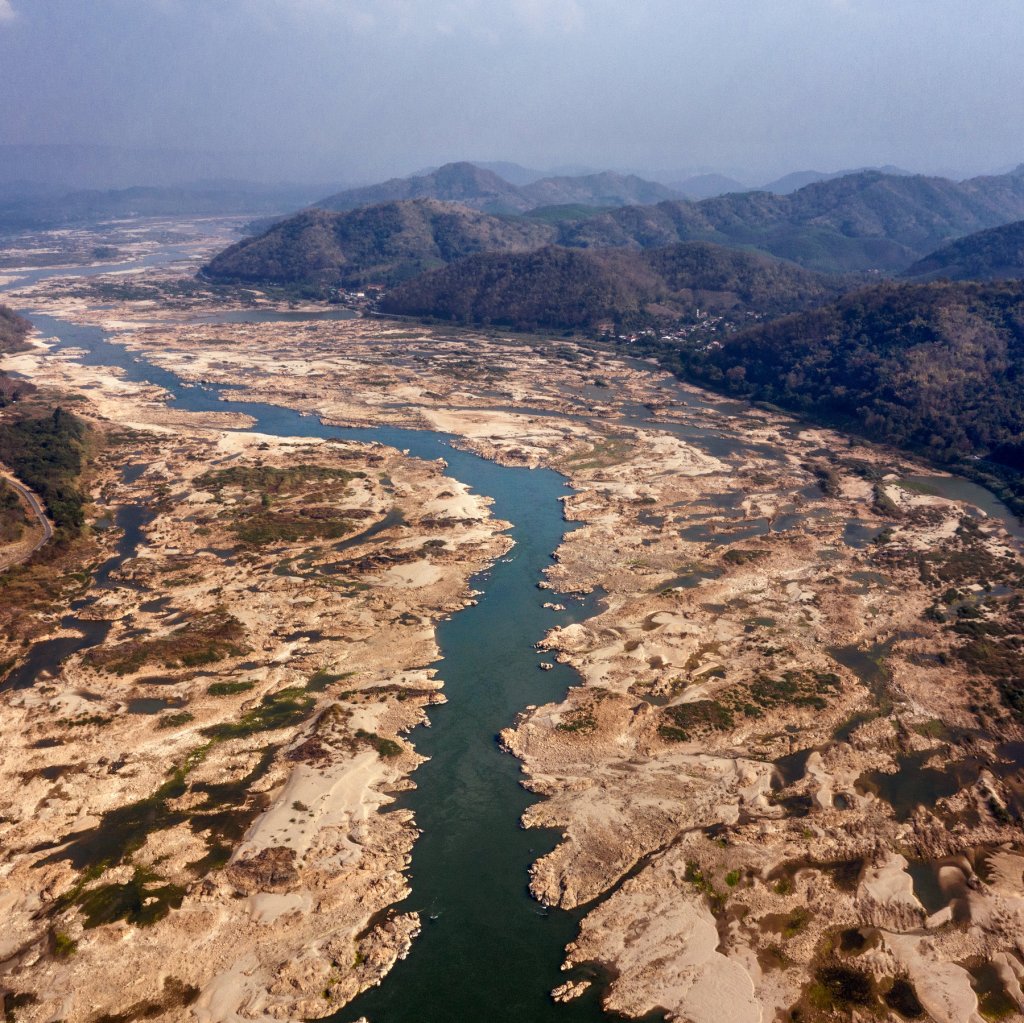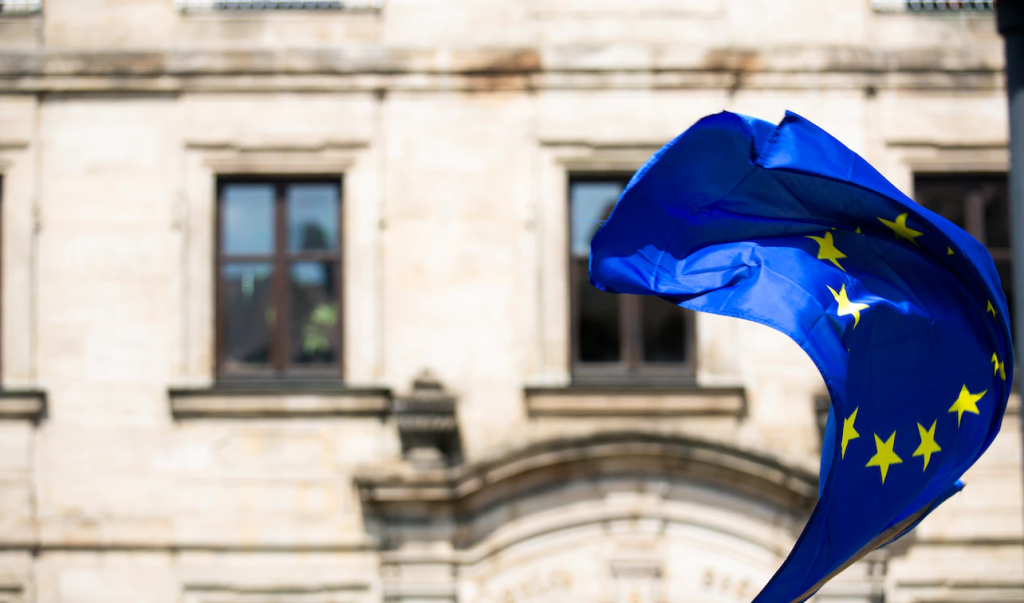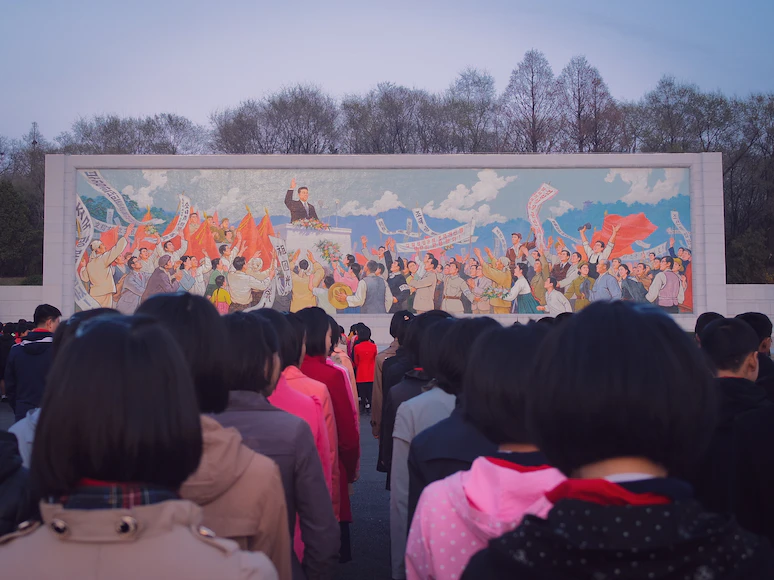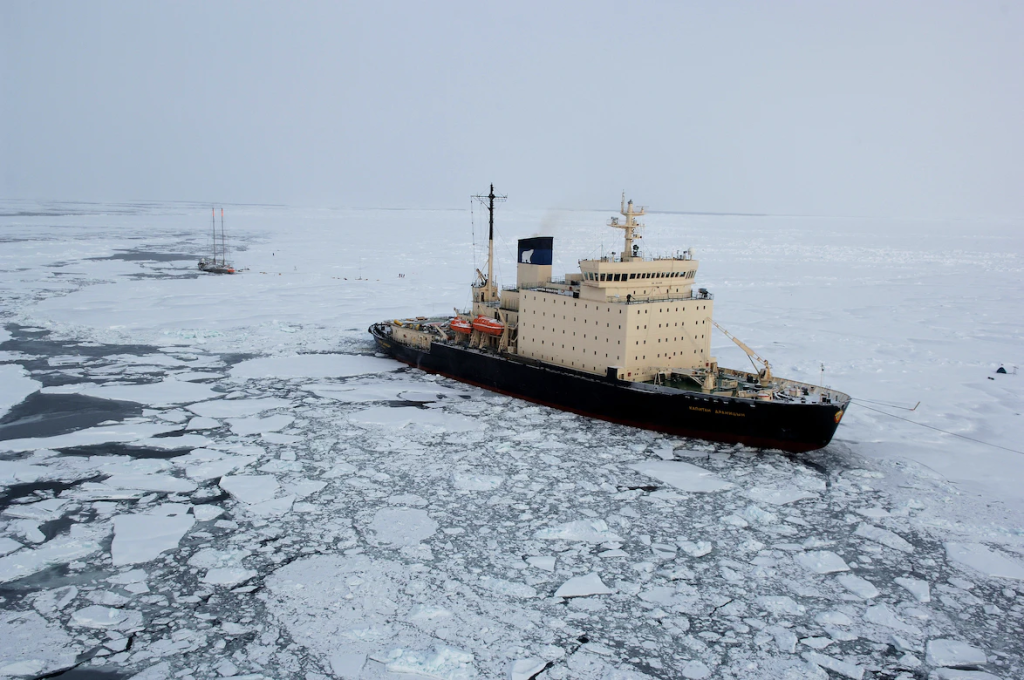Sean Woon, edited by Anna Goclawska
The great decoupling. Punitive sanctions for an illegal invasion. The weaponization of energy. Reshoring. Regardless of what new name is given, the program is the same — the restriction of goods, services, and financial flows to achieve geostrategic objectives. Increasingly, the entire global economy seems to be another tool for strategic competition.
(Photo by Lalit Kumar on Unsplash)
This piece does not seek to convince you that the rise of economic coercion as a tool of statecraft should be something that you should pay more attention to — that goes without saying. Nor does it seek to examine whether economic statecraft would work; economic tools are valuable only when it is coupled with a clear strategic objective, the whole suite of statecraft (e.g. diplomacy and institution-building), and national power in all its facets (economic, military, cultural etc). In many instances where economic statecraft is employed, the ‘theory of victory’,[i] or what winning really looks like, is still unclear.
What is clear, though, is that states are rapidly mobilising as they realise that the economic domain must be defended. Are states prepared to fight in the economic domain? What capabilities need to be built up? What fundamental assumptions need to be challenged?
What are we preparing for, exactly?
Economic coercion relies on imposing economic costs on states with the target of extracting policy concessions. It could be Russia’s restriction of gas supply that European states heavily rely upon,[ii] or the United States forcing advanced chip designers and developers (such as Intel and Nvidia) to bring manufacturing back,[iii] setting back Chinese firms that seek to rely on tech transfer. The target state might experience a loss of market competitiveness, higher cost of living, or capability setbacks — essentially losing its ability to compete on equal footing. States now bear the responsibility of reducing their vulnerability to supply shocks. Easy in theory, but tremendously difficult in practice.
German economist Albert Hirschman outlined three key strategies to resist economic coercion back in 1958: maintain control of shipping routes, accumulate stockpiles of key resources, and redirect trade to countries that would be unlikely to disrupt it. [iv] That was written, however, for a state defending against WWII-style blockades. While some strategies still remain relevant, today’s key focus lies in ensuring that a state can maintain its income level. That means safeguarding the inputs required for critical industries, either by building national production capacity or at least diversifying them. If much of the world’s lithium supply is found in China, for example, states highly dependent on battery manufacturing would do well to ensure that there are alternative supplies.
Why is this controversial?
The fact that states should invest in building domestic capacity for critical sectors is a no-brainer; the UK with its National Investment Security Act 2021,[v] the US with its National Strategy for Advanced Manufacturing,[vi] and China’s dual-circulation strategy all point towards this being well-recognised. [vii] What is controversial, however, is throwing the full weight of the state behind advancing a cause traditionally left to the private sector.
For much of the 20th century, the neoliberal movement and preference for a free market based on internationally agreed trading rules have dominated the global economic order. The Chinese model of state-led capitalism has been eschewed in favour of smaller government that did not get in the way of innovation and commerce. [viii] This in turn led to the globalisation of the supply chain and the possibility of outsourcing much of primary and secondary production, with advanced economies contributing the last step of putting it all together with just-in-time manufacturing methods. Heavily subsidising domestic investment into strategic industries or mandating technology transfer by investors, as China does, contradicts both the rules-based trading order and the professed stance of Western democracies – even though the CHIPS and Science Act has shown that the US is willing to break out of this model and enhance American competitiveness in the sector. [ix] The Innovation and Competition Act of 2021, which pledges $250bn to bolster scientific competition, marks another clear departure from the market-oriented approach in recognising that the American state must play an active role in strategic competition. [x]
However, this raises further questions. Much of the transition is not as simple as throwing government funding at the problem; it requires acknowledging that manufactured goods might become more expensive as reshoring takes place. Factories would need to be built, workers in developed countries would command higher salaries than those in developing economies, and there might be more consumer inconvenience. Production decisions would not just depend on availability and cost would also encompass strategic considerations. Committing to consuming energy only from allies might mean asking your electoral base to stomach higher prices as adversaries dump oil on the market — and foreshadows the political nightmare of (re)introducing nuclear energy. It may also mean higher market interventions — restricting foreign investments into the country and examining foreign ownership of key infrastructure such as telecommunications, ports, and airlines.
Regardless of whether economic coercion as a tool simply unleashes a cascade of tit-for-tat restrictions, the previous paragraph hopefully makes it apparent that defending state sovereignty requires much higher political will than it ever did. No longer is investing in hard, kinetic defence sufficient; governments must take measures that would be exceedingly unpopular in the short run. Are social compacts between states and their populations sufficiently strong to face the brunt of this challenge head-on? Is there sufficient commitment from the public to national interests, even at the expense of personal ones? Most importantly, is there sufficient recognition that the period of unfettered economic growth and the ‘peace dividend’ (whatever the nebulous concept of it implies) is over? There is no guarantee that the same conveniences and freedoms can be enjoyed ad infinitum; the cost will finally come home to ordinary people. While we cannot yet know if the economic strategic competition has any value, we would be remiss to ignore the lesson from the current energy crisis: capabilities and reserves are always better prepared for peacetime than when adversaries strike. One can only hope that nations — people and their governments — muster the will to prepare.
Bibliography
[i] J. Bartholomees, “Theory of Victory,” The US Army War College Quarterly: Parameters 38, no. 2 (May 1, 2008), https://doi.org/10.55540/0031-1723.2419.
[ii] Sam Meredith, “Russia Has Cut off Gas Supplies to Europe Indefinitely. Here’s What You Need to Know,” CNBC, September 6, 2022, https://www.cnbc.com/2022/09/06/energy-crisis-why-has-russia-cut-off-gas-supplies-to-europe.html.
[iii] PricewaterhouseCoopers, “The CHIPS Act: What It Means for the Semiconductor Ecosystem,” PwC, accessed December 6, 2022, https://www.pwc.com/us/en/library/forward-now-accounting-business-news/chips-act.html.
[iv] Albert O. Hirschman, National Power and the Structure of Foreign Trade (University of California Press, 1945).
[v] National Security and Investment Act 2021
[vi] Subcommittee on Advanced Manufacturing, “National Strategy for Advanced Manufacturing” (National Science and Technology Council, October 2022), https://www.whitehouse.gov/wp-content/uploads/2022/10/National-Strategy-for-Advanced-Manufacturing-10072022.pdf.
[vii] Tran Hung, “Dual Circulation in China: A Progress Report,” Atlantic Council (blog), October 24, 2022, https://www.atlanticcouncil.org/blogs/econographics/dual-circulation-in-china-a-progress-report/.
[viii] “Many Countries Are Seeing a Revival of Industrial Policy,” The Economist, accessed December 6, 2022, https://www.economist.com/special-report/2022/01/10/many-countries-are-seeing-a-revival-of-industrial-policy.
[ix] See [3].
[x] Peter Cohan, “The $250 Billion U.S. Innovation and Competition Act Could Help Your Business,” Inc., June 10, 2021, https://www.inc.com/peter-cohan/250-billion-us-innovation-competition-act-could-help-your-business.html.

